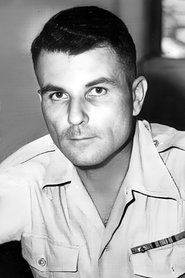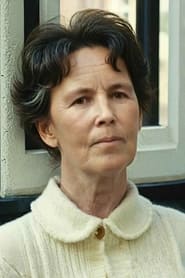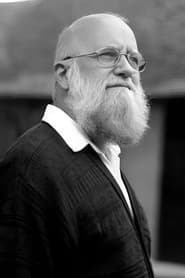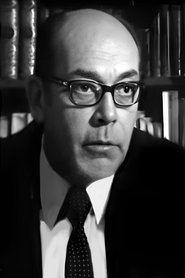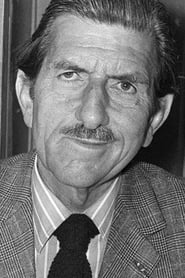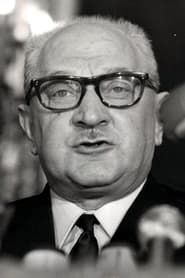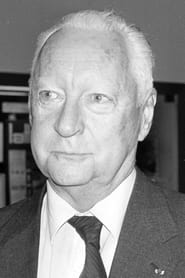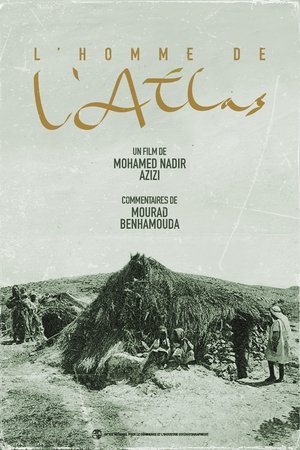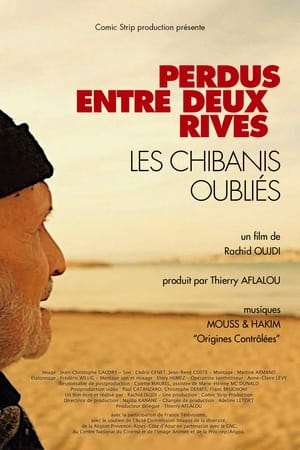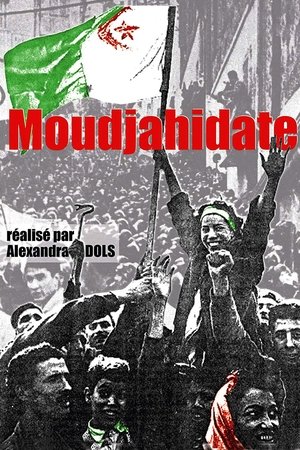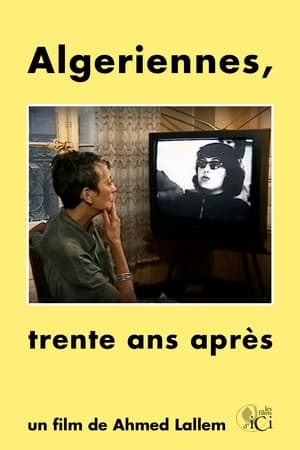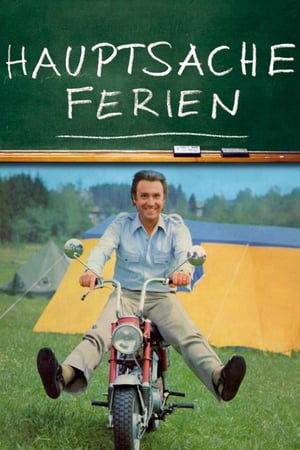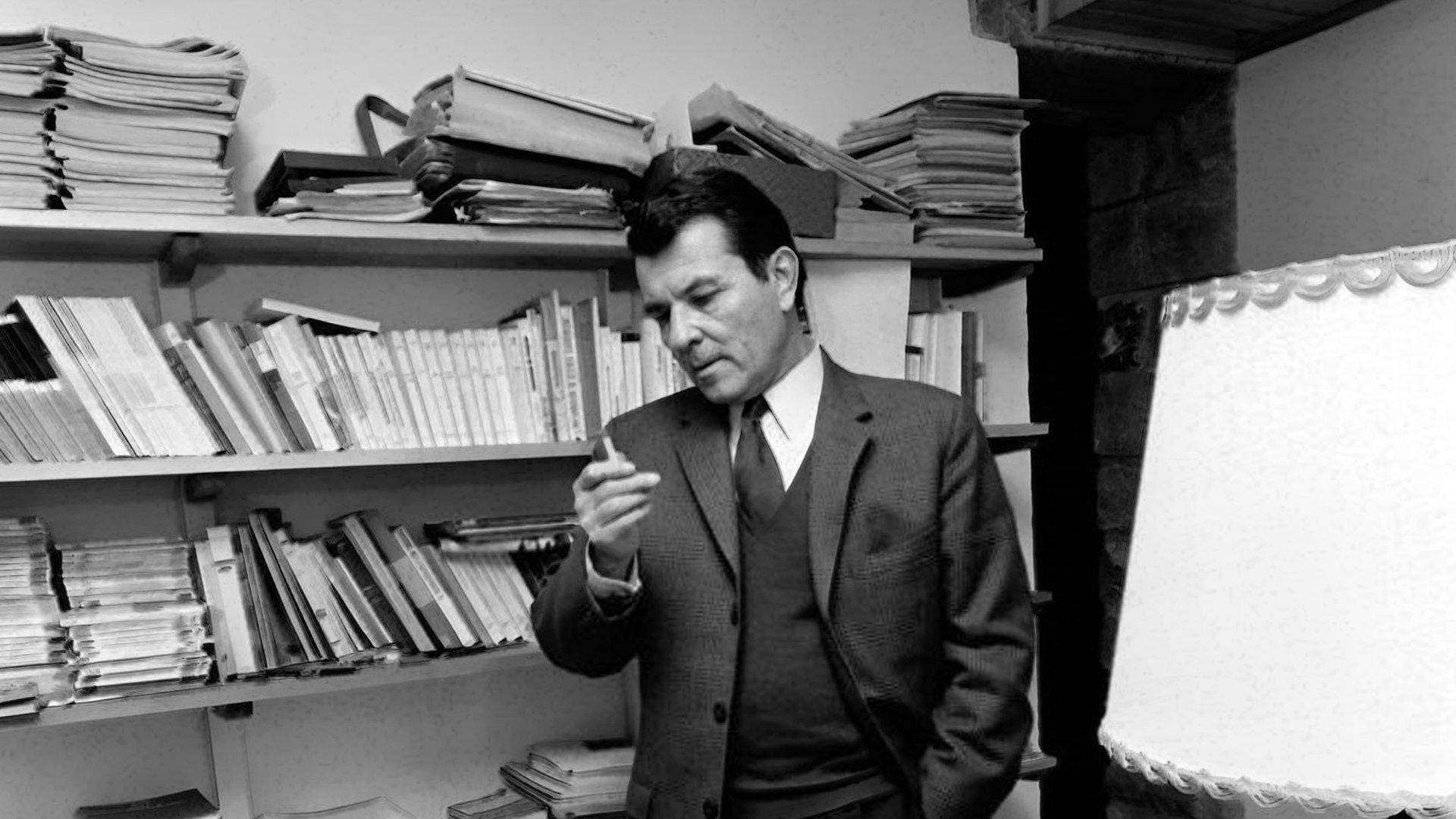
Destins: Général De Bollardière
Top 8 Billed Cast
Self

Destins: Général De Bollardière
HomePage
Overview
The exceptional portrait of a pacifist general, the only senior officer to have spoken out against torture. This precious testimony still remains censored in France, since no national channel has to date decided to program this documentary. Son and brother of a soldier, General Pâris de Bollardière was destined for a career in arms. He was, for many years, one of the most brilliant representatives of this adventurer career in France, from Narvik to the Algerian War. After fighting in the French maquis, he reached Indochina, where he suddenly found himself in the aggressor's camps. His beliefs are strongly shaken. But it is in Algeria, where the French army practices torture and summary executions, that he takes the big turn. He expresses his contempt to Massu, and is relieved of his command. Until his death in 1986, Jacques de Bollardière fought for world peace, from the Larzac plateaus to the Mururoa atolls.
Release Date
1975-03-24
Average
10
Rating:
5.0 startsTagline
Genres
Languages:
FrançaisKeywords
Similar Movies
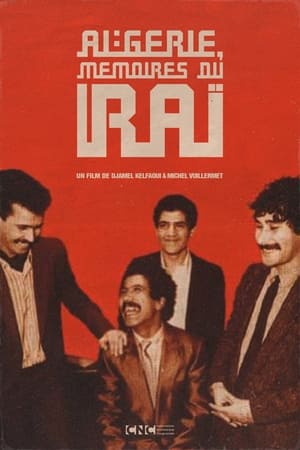 10.0
10.0Algeria, Memoirs of Raï(fr)
In the 1980s, Algeria experienced a tumultuous social context which reached its peak during the riots of October 88. This wave of protest, with youth as its figurehead, echoed the texts of raï singers. Thirst for freedom, misery of life and the aspirations of youth are among the main themes of their works which will inspire an entire generation. More than music, raï celebrates the Arabic language and becomes a vector of Algerian culture, thus providing the cultural weapons of emerging Algerian nationalism With Cheb Khaled, Cheb Mami and Chaba Fadela as leaders of the movement, raï is also a way of telling and reflecting the essence of Algeria in these difficult times. While the threat weighs on artists in Algeria, their exile allows raï to be exported internationally and thus, to bring the colors of Algeria to life throughout the world.
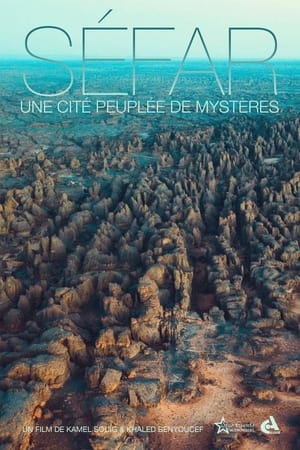 10.0
10.0Séfar, A City of Mysteries(fr)
Séfar (in Arabic: سيفار) is an ancient city in the heart of the Tassili n'Ajjer mountain range in Algeria, more than 2,400 km south of Algiers and very close to the Libyan border. Séfar is the largest troglodyte city in the world, with several thousand fossilized houses. Very few travelers go there given its geographical remoteness and especially because of the difficulties of access to the site. The site is full of several paintings, some of which date back more than 12,000 years, mostly depicting animals and scenes of hunting or daily life which testify that this hostile place has not always been an inhabited desert. Local superstition suggests that the site is inhabited by djins, no doubt in connection with the strange paintings found on the site.
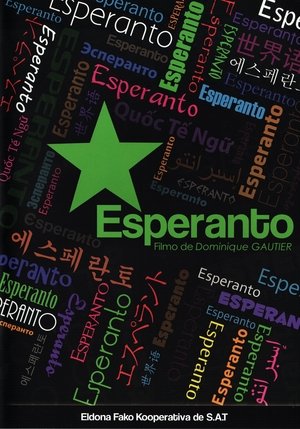 10.0
10.0Esperanto(eo)
This film, directed by Dominique GAUTIER, takes the viewer on a worldwide excursion into the history and structure of the Esperanto language, introducing its present-day speakers. The words of these users of the language are reflective of a variety of activities and viewpoints, and in the film they are interwoven so as to reveal bit by bit how the utopia of its initiator, Ludwig ZAMENHOF, is concretised every day.
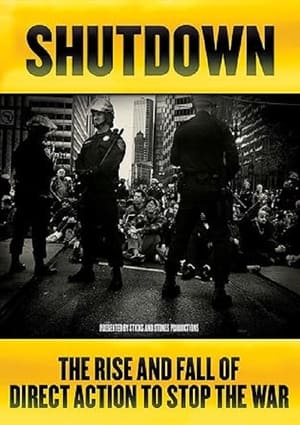 0.0
0.0Shutdown: The Rise and Fall of Direct Action to Stop the War(en)
In the winter of 2002-'03, as the US was building its case to attack Iraq, people around the world responded with a series fo the largest peace protests in history. Shutdown: The Rise and Fall of Direct Action to Stop the War, is an action-packed documentary chronicling how DASW successfully organized to shut down a major US city and how they failed to effectively maintain the organization to fight the war machine and end the occupation of Iraq. Created by organizers involved with DASW, Shutdown combines detailed information on organizing for a mass action, critical interviews on organizing pitfalls, and the wisdom of hindsight. It is a must-see film for those engaged in the continuous struggle toward social justice.
 0.0
0.0Ancient Algiers(ar)
In the heart of the historic Casbah of Algiers, buzzing with life, we follow a day in the life of Mousaab, a passionate Algerian teenager navigating his challenges while his love for his local football club runs deep.
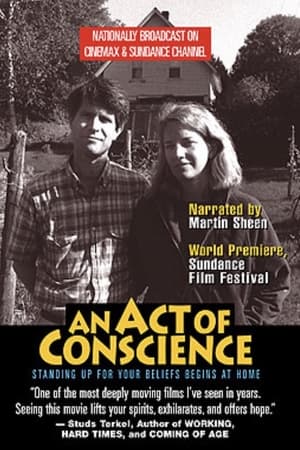 0.0
0.0An Act of Conscience(en)
When a young couple buys a contested home at auction from the U.S. government for $5,400, they become involved in a political and moral battle much larger than what they originally bargained for.
 10.0
10.0Algerian Refugees(fr)
Directed by Pierre Clément and Djamel-Eddine Chanderli, produced by the FLN Information Service in 1958, this film is a rare document. Pierre Clément is considered one of the founders of Algerian cinema. In this film he shows images of Algerian refugee camps in Tunisia and their living conditions. A restored DVD version released in 2016, from the 35 mm original donated by Pierre Clément to the Contemporary International Documentation Library (BDIC).
 6.0
6.0Glimpses of Morocco and Algiers(en)
This FitzPatrick Traveltalk short visits the cities of Casablanca, Rabat, and Marrakesh in Morocco, as well as the city of Algiers in Algeria.
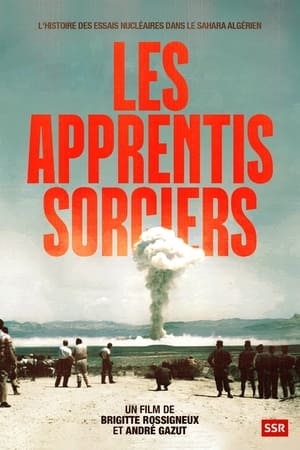 10.0
10.0The Sorcerer's Apprentice(fr)
60 years ago, in the Algerian desert, an atomic bomb, equivalent to three or even four times Hiroshima, exploded. Named the “Blue Gerboise”, it was the first atomic bomb tested by France, and of hitherto unrivaled power. This 70 kiloton plutonium bomb was launched in the early morning, in the Reggane region, in southern Algeria, during the French colonial era. If this test allowed France to become the 4th nuclear power in the world, it had catastrophic repercussions. France had, at the time, certified that the radiation was well below the standard safety threshold. However, in 2013, declassified files revealed that the level of radioactivity had been much higher than announced, and had been recorded from West Africa to the south of Spain.
 10.0
10.0Bouzareah(fr)
Arriving aboard the liner “Ville d’Alger”, young French citizens go to Bouzareah to follow a one-year professional training course at the École Normale. After acquiring the basics of the Arabic language and culture, the future teachers are trained to teach the population the basics of modern agriculture, manual work and hygiene. A study trip concludes the training. The teachers are then sent to the regions of their choice, where they will put their knowledge at the service of the inhabitants.
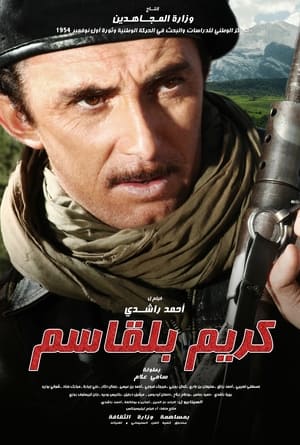 10.0
10.0Krim Belkacem(ar)
This film retraces the combat journey of Krim Belkacem, one of the leading figures of the Algerian War. When he left the Dellys barracks in October 1945, the day after the Second World War, Krim Belkacem was 23 years old. He is a man revolted by the May massacres in Sétif, Guelma, Kherrata and several other localities in the ravaged country. But it is also and above all a young Algerian who questions the future of Algeria. On March 21, 1947, Krim at the age of 25, he dug up his "Sten" submachine gun, he took action against the boss of his douar who was none other than his cousin. He goes into hiding with six companions. He meshes this entire part of Algeria with a dense and dense network with the sole objective of taking action which will lead to the outbreak of the armed struggle on November 1, 1954.
 7.2
7.2Dawn of the Damned(fr)
This excellent feature-length documentary - the story of the imperialist colonization of Africa - is a film about death. Its most shocking sequences derive from the captured French film archives in Algeria containing - unbelievably - masses of French-shot documentary footage of their tortures, massacres and executions of Algerians. The real death of children, passers-by, resistance fighters, one after the other, becomes unbearable. Rather than be blatant propaganda, the film convinces entirely by its visual evidence, constituting an object lesson for revolutionary cinema.
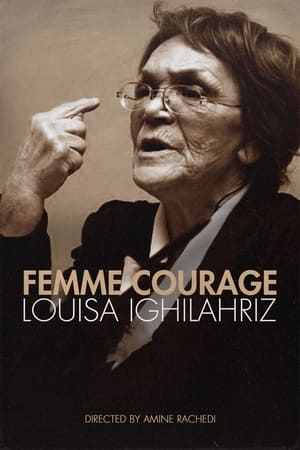 10.0
10.0Woman of Courage - Louisa Ighilahriz(ar)
The autobiographical account of the tormented life of a witness of the century: Louisa Ighilahriz, activist and leading figure in Algerian independence. A student, she joined the independence struggle at the age of 20, joining the ranks of the FLN on the eve of the Battle of Algiers in late 1956 under the name Lila. She took part in the high school students' strike, then fled into the maquis when she was actively sought after. She was part of the French FLN support network of "suitcase carriers" during the Battle of Algiers. Seriously wounded alongside her network leader, Saïd Bakel, during an ambush in 1957, hospitalized and then imprisoned, she suffered numerous tortures in French prisons. She will be saved from certain death by an anonymous person, she will seek, for forty years, to find him just to show him her gratitude... Emblematic of the painful Franco-Algerian history, Louisa's story is poignant and imbued with humanism.
 7.9
7.9The Battle of Algiers(it)
Tracing the struggle of the Algerian Front de Liberation Nationale to gain freedom from French colonial rule as seen through the eyes of Ali from his start as a petty thief to his rise to prominence in the organisation and capture by the French in 1957. The film traces the rebels' struggle and the increasingly extreme measures taken by the French government to quell the revolt.
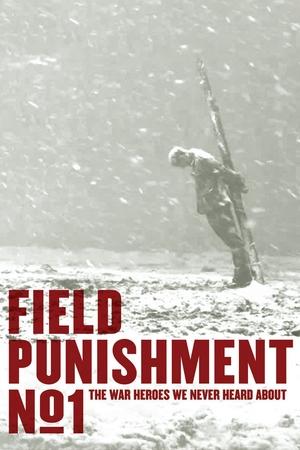 8.0
8.0Field Punishment No.1(en)
In 1916, the New Zealand Government secretly shipped 14 of the country's most outspoken conscientious objectors to the Western Front in an attempt to convert, silence, or quite possibly kill them. This is their story.
 10.0
10.0Stay In Algeria(fr)
Algeria, summer 1962, eight hundred thousand French people left their native land in a tragic exodus. But 200,000 of them decided to attempt the adventure of independent Algeria. Over the following decades, political developments would push many of these pieds-noirs into exile towards France. But some never left. Germaine, Adrien, Cécile, Guy, Jean-Paul, Marie-France, Denis and Félix, Algerians of European origin, are among them. Some have Algerian nationality, others do not. Some speak Arabic, others do not. They are the last witnesses to the little-known history of these Europeans who remained out of loyalty to an ideal, a taste for adventure and an unconditional love for a land where they were born, despite all the ups and downs that the free Algeria in full construction had to go through.
Recommendations Movies
 9.9
9.9What's New, Scooby-Doo? Vol. 1: Space Ape at the Cape(en)
When the contestants at a way-cool snowboarding contest are suspiciously sidelined, Scooby-Doo and the kids investigate - and discover the chilling fact that There's No Creature Like Snow Creature! Then, there's dino-sized mystery afoot in Costa Rica when a fearsome Giganotosaurus jumps off a movie screen and goes on a rampage of 3-D Struction! Next, in Space Ape at the Cape the gang tangles with an extra-scary extraterrestrial who's monkeying around with an important rocket launch. And there's a Big Scare in the Big Easy when the Mystery Inc. crew unearths spooky doings at a haunted New Orleans cemetery!
 6.1
6.1Main Krishna Hoon(hi)
In answer to an orphan boy's prayers, the divine Lord Krishna comes to Earth, befriends the boy, and helps him find a loving family.
 6.7
6.7Dragon Ball Z: Broly - Second Coming(ja)
A Saiyan Space pod crash-lands on Earth out of which a wounded Saiyan crawls: Broly, the Legendary Super Saiyan. The wounded Broly shouts out in frustration and turns into normal form. The place soon freezes, trapping him in it and he falls into a coma.
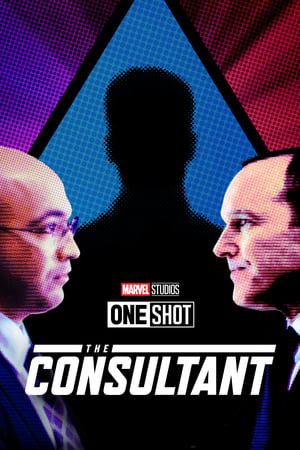 6.3
6.3Marvel One-Shot: The Consultant(en)
Agent Coulson informs Agent Sitwell that the World Security Council wishes Emil Blonsky to be released from prison to join the Avengers Initiative. As Nick Fury doesn't want to release Blonsky, the two agents decide to send a patsy to sabotage the meeting...
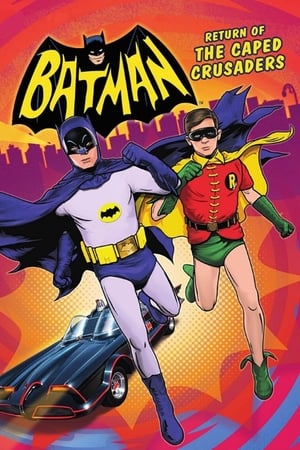 6.5
6.5Batman: Return of the Caped Crusaders(en)
Adam West and Burt Ward returns to their iconic roles of Batman and Robin. The film sees the superheroes going up against classic villains like The Joker, The Riddler, The Penguin and Catwoman, both in Gotham City… and in space.
 7.5
7.5Naruto OVA 7: Naruto, the Genie, and the Three Wishes, Believe It!(ja)
Naruto discovers a genie's bottle while he and the gang are at a genin grill party. When everyone finds out about the genie's ability to grant wishes, the ultimate chase begins.
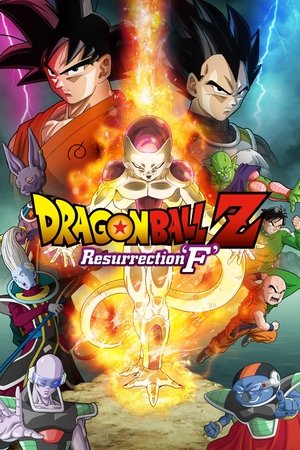 6.8
6.8Dragon Ball Z: Resurrection 'F'(ja)
One peaceful day on Earth, two remnants of Frieza's army named Sorbet and Tagoma arrive searching for the Dragon Balls with the aim of reviving Frieza. They succeed, and Frieza subsequently seeks revenge on the Saiyans.
 7.0
7.0M3GAN(en)
A brilliant toy company roboticist uses artificial intelligence to develop M3GAN, a life-like doll programmed to emotionally bond with her newly orphaned niece. But when the doll's programming works too well, she becomes overprotective of her new friend with terrifying results.
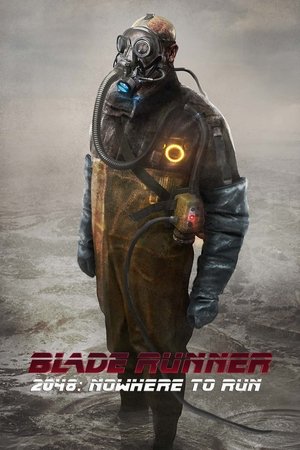 6.8
6.82048: Nowhere to Run(en)
“2048: Nowhere to Run” takes place one year before the events of Blade Runner 2049. The short film focuses on Sapper, a man who is trying to make it through life day-by-day without turning back to his old ways. We’re introduced to both the gentle nature of Sapper and the violence he’s capable of when set off.
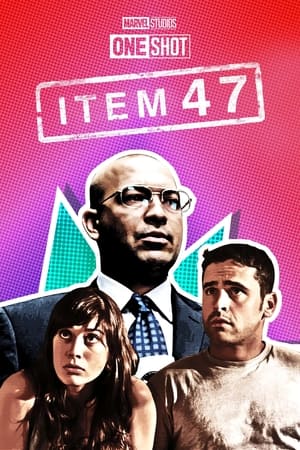 6.4
6.4Marvel One-Shot: Item 47(en)
Benny and Claire, a down-on-their-luck couple, find a discarded Chitauri weapon referred to as 'Item 47'.
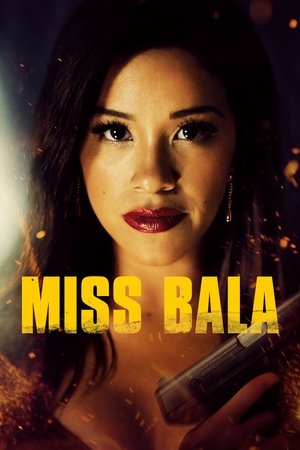 6.4
6.4Miss Bala(en)
Gloria finds a power she never knew she had when she is drawn into a dangerous world of cross-border crime. Surviving will require all of her cunning, inventiveness, and strength.
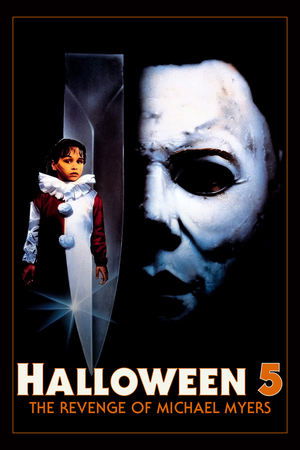 5.3
5.3Halloween 5: The Revenge of Michael Myers(en)
One year later, Michael Myers' traumatized young niece is horrified to discover she has a telepathic bond with her evil uncle... and that he is on the way back to Haddonfield to begin the carnage again.
 6.2
6.2Team Darryl(en)
Fresh off being unseated as the ruler of Sakaar, the Grandmaster makes his way to Earth to start a new life. It's been over a year since Thor left Australia and Darryl has been struggling to pay his rent. Now Darryl needs a new roommate to help make the monthly payments. Unfortunately for Darryl, the Grandmaster was the only one who answered Darryl's "Roommate Needed" ad and with no viable options, the Grandmaster moves in.
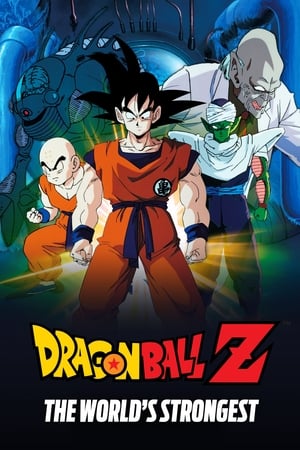 6.6
6.6Dragon Ball Z: The World's Strongest(ja)
The evil Dr. Kochin uses the dragon balls to resurrect his mentor, Dr. Wheelo, in an effort to take over the world. Dr. Wheelo, his body having been destroyed by the avalanche that killed him fifty years before, desires the body of the strongest fighter in the world as his new vessel. Believing Roshi to be the world's strongest warrior, Dr. Kochin abducts Bulma and forces Roshi to surrender himself to save her. When Goku hears of their abduction, he goes to their rescue.
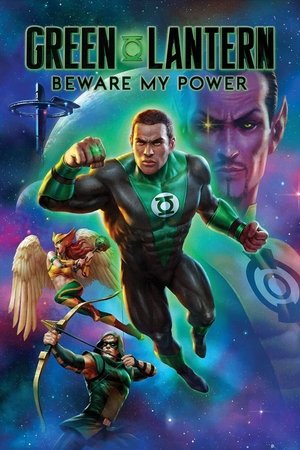 6.7
6.7Green Lantern: Beware My Power(en)
Recently discharged Marine sniper John Stewart is at a crossroads in his life, one which is only complicated by receiving an extraterrestrial ring which grants him the powers of the Green Lantern of Earth. Unfortunately, the ring doesn't come with instructions - but it does come with baggage, like a horde of interplanetary killers bent on eliminating every Green Lantern in the universe. Now, with the aid of the light-hearted Green Arrow, Adam Strange and Hawkgirl, this reluctant soldier must journey into the heart of a galactic Rann/Thanagar war and somehow succeed where all other Green Lanterns have failed.
 9.1
9.1Scooby-Doo! Winter WonderDog(en)
Celebrate the season Scooby-Doo style as Scooby-Doo and the Mystery, Inc. gang face off festive frights, frosty nights and - jeepers - the ghost of Christmas, who wants to wish everyone a scary Christmas! In this collection of cold-weather capers, Scooby-Doo and the gang unwrap a series of mysteries in order to stop a group of chilling crooks from stealing the spirits of the season!
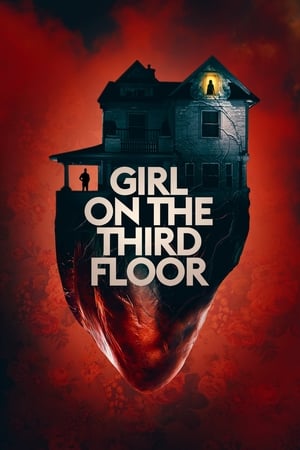 5.2
5.2Girl on the Third Floor(en)
Don Koch tries to renovate a rundown mansion with a sordid history for his growing family, only to learn that the house has other plans.
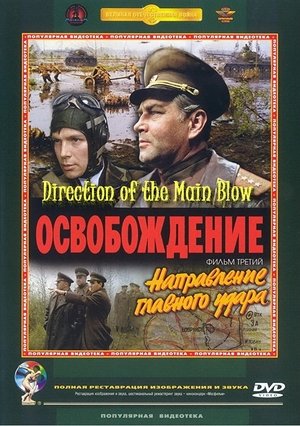 6.0
6.0Liberation: Direction of the Main Blow(ru)
This five part epic war drama gives a dramatized detailed account of Soviet Union's war against Nazi Germany during world war two. Each of the five parts represents a separate major eastern front campaign.
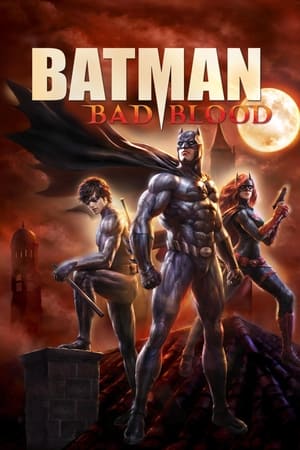 7.0
7.0Batman: Bad Blood(en)
Bruce Wayne is missing. Alfred covers for him while Nightwing and Robin patrol Gotham City in his stead and a new player, Batwoman, investigates Batman's disappearance.
